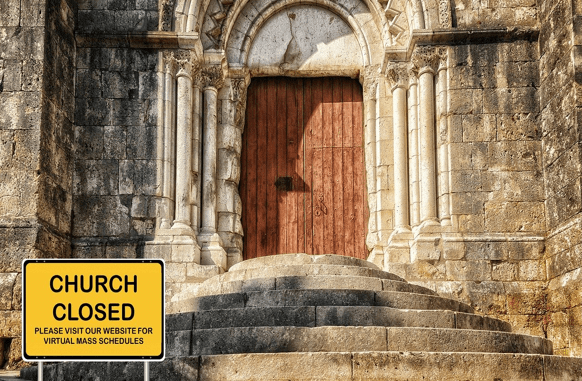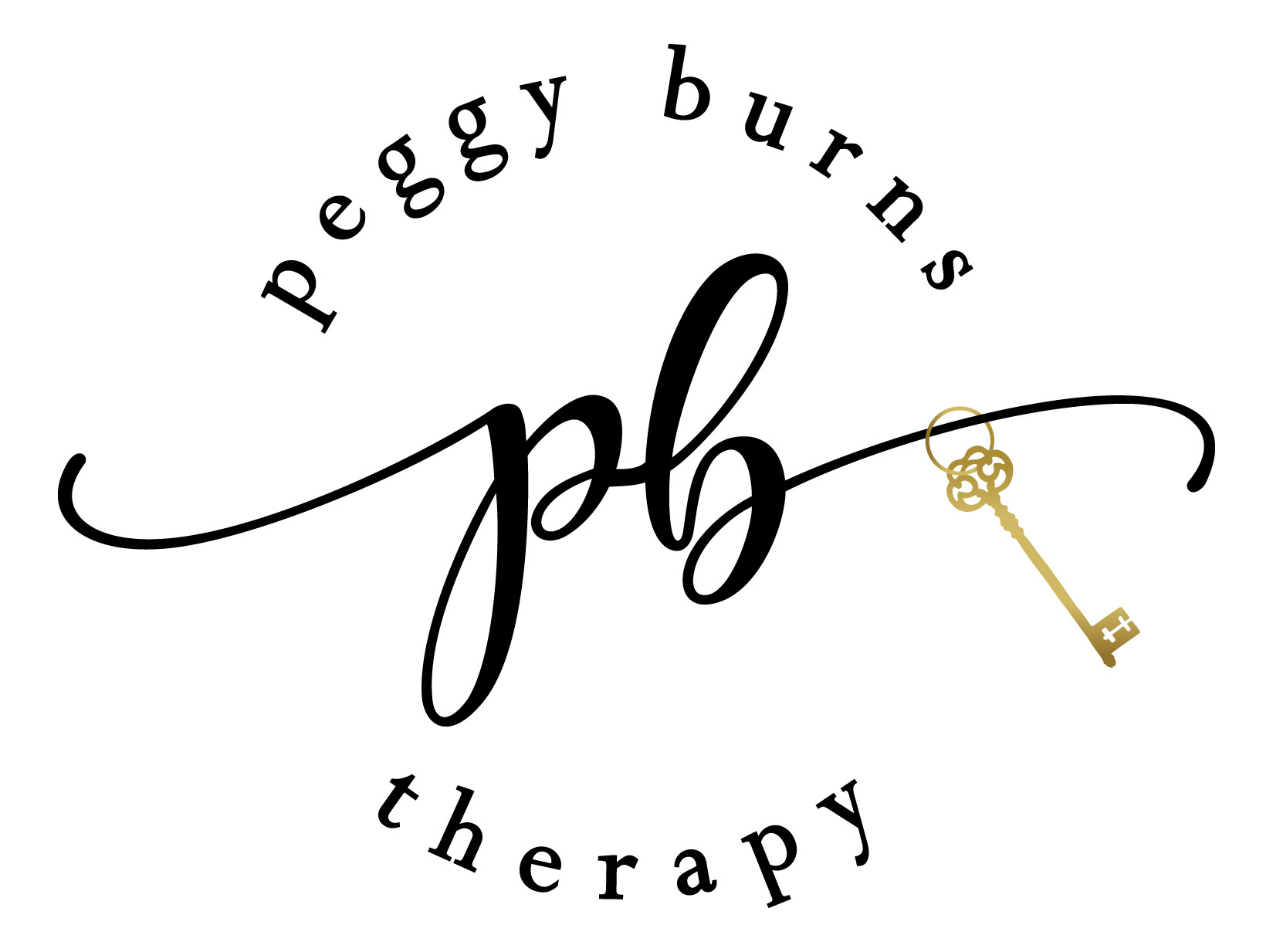What is All this Grief I Am Experiencing?

by Peggy Burns, MS, LMFT | Director, San Francisco Center
Since the last time I sent you our newsletter, it seems as if in a blink of an eye everything in our world has changed! Now that we are entering week nine of “shelter-in-place” there seems to be a growing sense of collective weariness. It is a surreal time we are living in. Three months ago, many of us had never heard of the terms “social distancing”, “shelter at home” or “flatten the curve”!
These events in our day are causing a tremendous sense of anxiety, grief, and loss. Some of the usual signs of the grief-and-loss cycle are feelings of shock, denial, anger, sadness, bargaining and anxiety. At some point in the cycle hope is to be found and there is peace in finding acceptance. Here are some other signs that may show up during this pandemic, letting you know that coping skills and tools will be needed.
- Trouble focusing on normal tasks
- Feelings of anger and being irritable
- Fear or worry about your health or of those you love
- Trouble sleeping or sleeping too much
- Re-experiencing grief from your past
- Over-engaging in drinking, eating, video games, or online spending to medicate your anxiety
- Low energy and fatigue
Experiencing this virus and the loss of safety on such a global scale has been very confusing for people and significantly different than any other losses we’ve known. Understanding not just the grief cycle, of which many of us have heard, but also knowing about ambiguous loss and anticipatory grief will help to explain the micro and macro levels of the losses we’ve been experiencing up to now.
AMBIGUOUS LOSS
The rapid loss of our routines, and so many intangibles that were once part of our normal lives has caused a collective emotional state known as ambiguous loss. We have lost so many intangible items making it difficult to identify what they are. This ambiguity leads to complicated feelings and a sense of being overwhelmed. Also, our not knowing when this will end, or the impact this is having on our economy, or how long the restrictions will last, make this ambiguous loss very complicated. An example of ambiguous loss you may be able to relate to is if you’ve known someone with Alzheimer’s. You can still see them, but they are no longer able to be present with you emotionally or mentally.
When people can accept the ambiguity of their situation and are able to begin to face this crisis one day at a time with grace and gentleness towards themselves, there can be relief. For us as Christians this is the time to realize we are never truly alone! It is never just us facing the world on our own, but we have been given a Helper and a Guide for our journey here. “I will pray the Father, and He will give you another Helper, that He may abide with you forever” (John 14:16). If this is not your reality, you need a reframe and accept that God is present! For you see, God is with you every moment of your life!
ANTICIPATORY GRIEF
Anticipatory grief is the fear that a greater loss is yet to come. Where I grew up, we had tornadoes. But we knew the tornado would last a short time and then it would end. But during this pandemic we do not have a sense when it will end giving us a greater sense of powerlessness.
During World War II there were some wives of soldiers who experiencing anticipatory grief became convinced their husbands were going to die in combat and never return. These wives mourned their husband’s death and moved on even though some would return alive. Many today are experiencing anticipatory grief fearing the loss of loved ones and this is greatly increased due to not being able to be near our loved ones at the end.
Ambiguous loss and anticipatory grief are looking for somewhere to land. Therefore, we need to adopt coping skills and tools that will help during these unprecedented times.
EIGHT COPING SKILLS & HELP FROM ABOVE DURING THE PANDEMIC
- Focus on the present – so much worry and anxiety is based on our thoughts of the past or our fears of the future. The more we stay in the present and find balance in what we are thinking we keep our brain from being anxious. Right now, “I am safe”, “In this moment I have enough”! Jesus told us to not to be anxious or worry about tomorrow but trust Him to take care of us.
- Monitor yourself throughout the day and see how your anxiety levels are doing. Take a deep breath. This helps to lower your heart rate. Breathe in for 4 seconds and say to yourself: “I trust you God” and when you breath out at the count of 5, “I release my anxiety”.
- Your mindset is your most precious possession. Christian meditation is when you mull over something repeatedly in your mind. Worry is a negative form of meditation. We must spend time training our mind to meditate on Scripture thinking about this repeatedly. When you read Scripture pause and meditate. Imagine the tree by the still waters from Psalm 1. As you meditate day and night on the true revelation of His light you will flourish! Bask in the fact that the tree is rooted even in the face of the CoronaVirus.
- Stay connected with your friends, family, social supports and neighbors.
- Keep pursuing joy and focus on the positive. Engage in activities that calm you and bring you positive emotions. Most of us can still enjoy a board game, connecting with God, creating art, going out in nature or doing something for someone else. These activities are the life jackets in these difficult moments.
- Create structure and routine in your day. Choose a specific place in your home to have a workstation and have specific time you will end your workday.
- Show appreciation to each other throughout the day. Have a code word when you need a break and are not able to engage. Be sure to come back to the conversation later.
- Express gratitude throughout your day. This activity is known to lower your stress levels and improve your perspective.
Looking at past tragedies and disasters can help us find answers and see the resiliency of mankind. Victor Frankel, a Holocaust survivor coined the term “tragic optimism” as the attitude which helped him to maintain hope and find meaning even in crisis. This tragic optimism is the ability to survive by making the best in any circumstance. He found hope in “the human capacity to creatively turn life’s negative aspects into something positive or constructive.” We are reminded of Job who said, “Though He slay me, yet will I trust Him” (Job 13:15). Job’s optimism through tragedy kept his faith alive and looking to God for his strength and answers.
During this time of sheltering in place I pray we see the choices we still have for living meaningful lives and trust the One who is greater than us.
There are many who need hope and help. I am available for you during at this time. I also offer the same level of care and convenience as before, through online counseling which many are finding easy and engaging.

